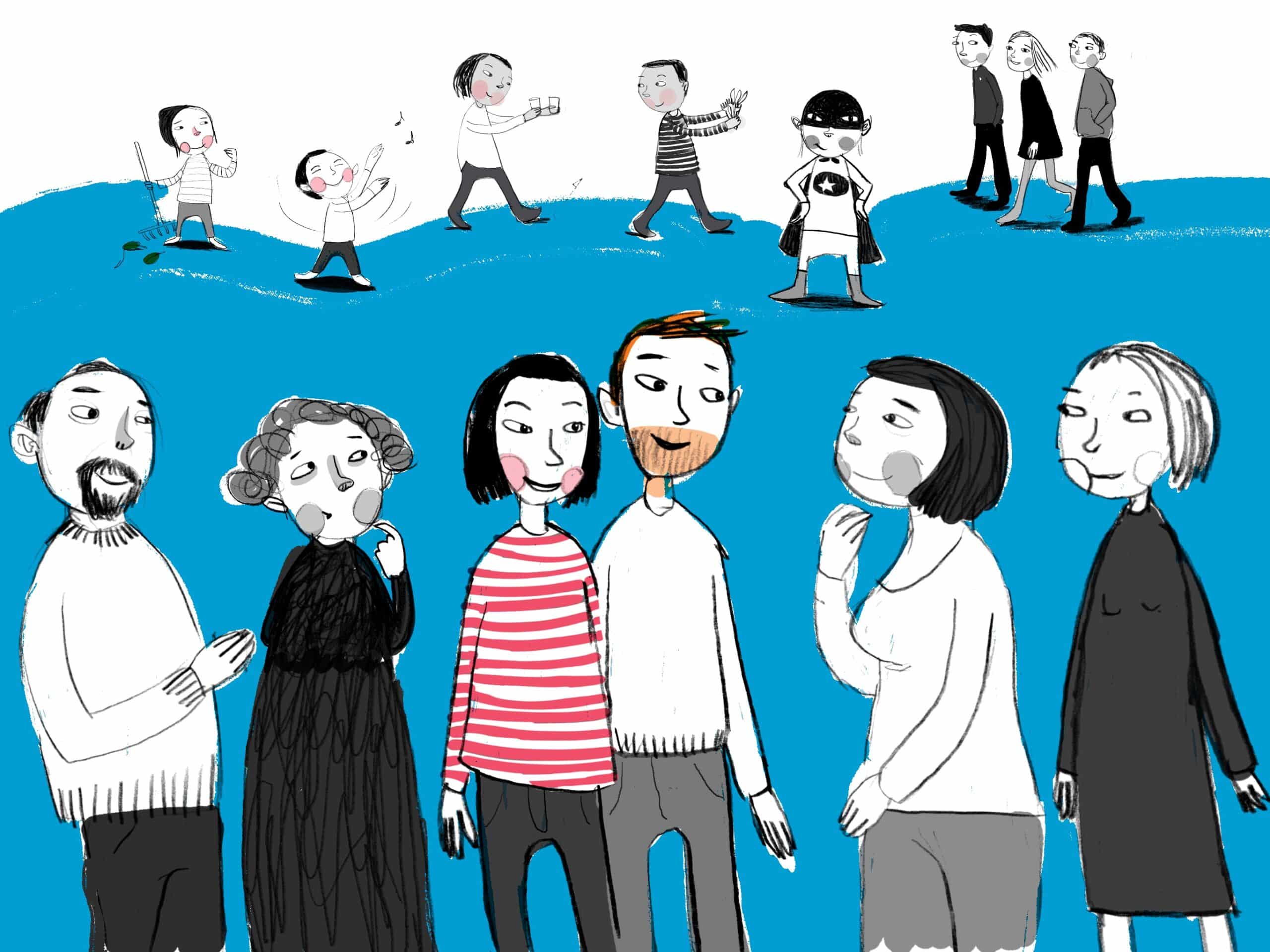Azerbaijan

The Republic of Azerbaijan is a transcontinental country in the Caucasus region, located at the boundary of Eastern Europe and Western Asia.
Around 10.2 million people live in Azerbaijan with approximately 60% of the population living in cities. The country has a high rate of economic development and literacy, and a low unemployment rate. Despite a significant improvement in national poverty levels, wealth is not widely spread through the country, and many rural households remain vulnerable to poverty.
SOS Children’s Villages has been supporting children and young people without parental care, or at risk of losing it, in Azerbaijan since 2000.
Children are at risk
There are approximately 2.9 million children under 18 years old in Azerbaijan- this is more than a quarter of the population. Despite a relatively stable economic environment, poverty is a major challenge for rural families; more than 25% of the population are living in poverty. Unemployment is one of the main drivers for poverty in Azerbaijan. Consequently, it is estimated that one third of children continue to live below the poverty line and 1 in 5 children experience malnutrition.

1 in 4
Children live in long-term care
Lack of parental care
Due to high poverty rates, more than 25,000 children lack parental care. Many children are placed in institutions by parents who cannot afford to look after them. The majority of those children have one or both of their parents still alive.
Without individual and child-focused care, children in institutional environments are more likely to suffer from poor physical and mental health, and developmental delay. They may also face emotional challenges and a lack of trust in themselves and others.

1 in 5
Children do not attend school
Missing an education
The hidden costs for schooling, including books and uniforms, as well as poor educational infrastructure and quality, prevent many families from enrolling their children in school.
In addition, children who do not attend school, can be another source of financial income for the family. More than 7% of children between the ages of 5-14 are involved in child labour.

1 in 10
Girls are married before the age of 18
Gender inequality
Gender inequality is a serious problem in Azerbaijan where girls are seen as less valuable than boys. Changes in the law made marriage before the age of 18 illegal. However, the minimum marriage age can be reduced in some cases.
Consequently, more than 10% of girls are married before their 18th birthday, and 2% married before they turned 15 years old.
Early marriage is one of the main reason girls miss out on education in Azerbaijan. Supporting girls’ is one of the best solutions to overcoming poverty.
Together we can make a difference for children in Azerbaijan

130
Children and young people
Attend our kindergarten and schools

120
Children and young people
Grow up in our care
.png)
20
Young people
Are supported on their way to independence

300
Adults and children
Received humanitarian aid

Let’s keep on protecting children and young people!
Many children have been able to find a safe and secure home. With your help, we can continue to change their lives